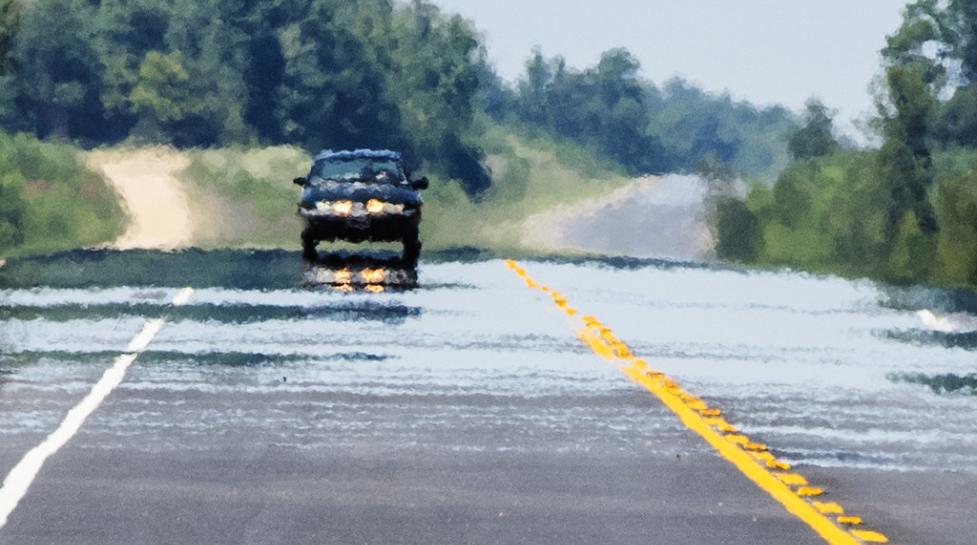Up to 100 "citizen scientists" to assist in NOAA study
Up to 100 volunteer community scientists to assist in NOAA study
Climate change significantly increases the potential for extreme heat and other disruptions like wildfire, drought, and extreme winds. This summer, the city will conduct a study to learn more about where extreme heat poses the greatest risk in Boulder, and community scientists will help.
Earlier this month, the National Oceanic and Atmospheric Administration (NOAA) selected Boulder and several other cities to participate in a groundbreaking urban heat mapping project. In this initiative, the city will recruit and coordinate up to 100 community volunteers in gathering urban heat data. Using heat sensors mounted on their own cars or bikes, volunteer community scientists will traverse their neighborhoods in the morning, afternoon, and evening on one of the hottest days of the year.
Email info@coolboulder.org to sign up!
Why Measure Heat?
Extreme heat kills more Americans than any other weather event, but not everyone’s risk is the same. Researchers and scientists at NOAA are working directly with communities across the country to help them take action to manage extreme heat. As climate change worsens heat waves, this critical information will help bring local and equitable solutions for those facing the greatest threats.
Our nation faces a climate crisis that has exacerbated inequities for low-income communities and communities of color. Through this project, Boulder will measure our hottest places and use this information to inform strategies to reduce the unhealthy and deadly effects of extreme heat and help us be more climate ready.
Cool Boulder
The heat mapping initiative is a part of Cool Boulder, a campaign to mobilize the Boulder community around nature-based climate solutions. The Cool Boulder campaign will help coordinate diverse opportunities for community involvement in three action areas: Connected Canopies, Pollinator Pathways/Cool Corridors, and Absorbent Landscapes.
The city’s climate action must encompass both emissions reduction and preparation for more fires, floods, extreme weather and poor air quality. Expanding nature-based climate solutions is a key strategy in addressing both mitigation and resilience.
